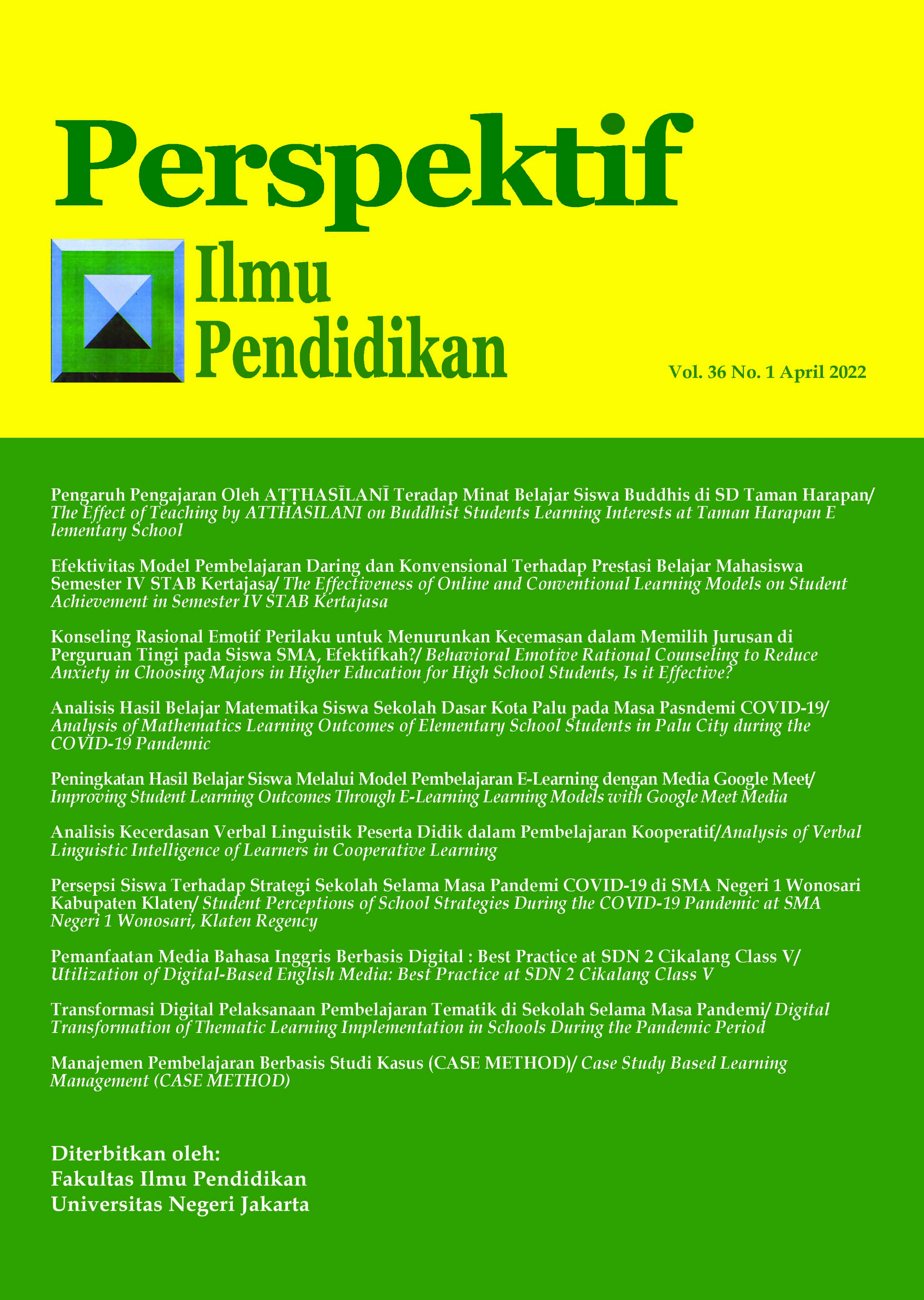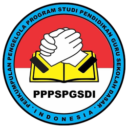Rational Emotive Behavior Counseling to Reduce Anxiety In Choosing A Department In High School Of High School Students, Is It Effective?
Rational Emotive Behavior Counseling , Anxiety, Student SMA
DOI:
https://doi.org/10.21009/PIP.361.3Keywords:
Rational Emotive Behavior Counseling, Anxiety, Student SMAAbstract
Abstract: Fear of failure when choosing a major will lead to extreme anxiety, low self-esteem, depression, aggression and even suicidal tendencies. Choosing the right major will lead them to success in the future. But if they choose the wrong major, it will be a big scourge for them. Counseling Rational Emotive Behavior is to help individuals realize that they can live more rationally and more productively. The purpose of this study is that REB counseling is effective in reducing anxiety in choosing majors in higher education for high school students. The form of experimental research is one-group pre-test – post-test design by running a quantitative strategy. The research sample was 6 students. Collecting data using a questionnaire. The results of the study showed that the Rational Emotive Behavior counseling method to reduce anxiety was very effective in terms of the significant effect because the t-test calculation determined that Rational Emotive Behavior Counseling was -5.295 > 2.871 had a significant number of 0.003 < 0.05, and large decreased anxiety of class XII students with Rational Emotive Behavior Therapy Counseling by 37.91%.
Keywords: Rational Emotive Behavior Counseling , Anxiety, Student SMA
Downloads
Published
How to Cite
Issue
Section
License
Authors who publish with this Journal agree to the following terms:
- Author retain copyright and grant the journal right of first publication with the work simultaneously licensed under a creative commons attribution licensethat allow others to share the work within an acknowledgement of the work’s authorship and initial publication of this journal.
- Authors are able to enter into separate, additional contractual arrangementfor the non-exclusive distribution of the journal’s published version of the work (e.g. acknowledgement of its initial publication in this journal).
- Authors are permitted and encouraged to post their work online(e.g. in institutional repositories or on their websites) prior to and during the submission process, as it can lead to productive exchanges, as well as earlier and greater citation of published works.
-
Users/public use of this website will be licensed to CC BY-NC-SA Creative Commons Attribution-NonCommercial-ShareAlike 4.0 International License












